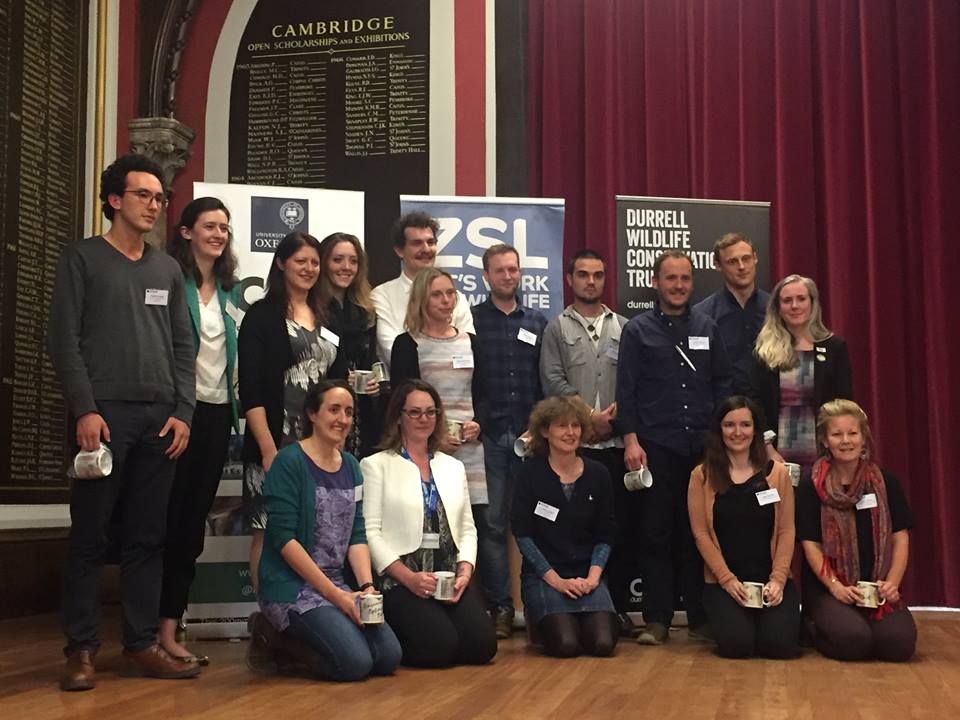At the inaugural Conservation Optimism Summit in April, there was much talk about how to bring about major social (and environmental) change and the pros/cons of positive versus negative framing and communications.
I thought Andrew Balmford summed up this debate nicely towards the end of his plenary talk when he referred to Martin Luther King not talking of problems but articulating a dream. Setting out a positive, optimistic vision (to turn people’s heads towards well-evidenced, practical and scalable strategies), is surely the way to bring about societal change we need to protect and restore our natural world.
I absolutely believe this to be the case but as someone whom has worked in international nature conservation for the past 15 years, I also know how easy it is to lose sight of this. I am Head of Conservation Science for Durrell Wildlife Conservation Trust (and on the Conservation Optimism Team) which specializes in running multi-decade programmes to save and recover some of the most threatened species on earth. We have made a measurable difference to the survival chances of a wide range of threatened species, demonstrating importantly that conservation works, something that’s not voiced loudly enough.
However, any conservation success takes time and therefore institutional commitment and dedication of individuals over many years. On a timescale more relevant to how people relate to and feel about their working lives in conservation, things go wrong way more than they go right. And they go wrong a lot, both inside and outside of your project.
In conservation, particularly in the developing world, so many forces – natural and man-made – are against you.
To bring this to point to life, I spent two minutes thinking of all the issues recently affecting our conservation goals and projects to create a smorgasbord of a conservationist’s problems. Here goes (and in no particular order)… volcanic eruptions, pervasive corruption in government departments, global peanut oil prices, acute poverty, broken transport infrastructure, vacillating donor preferences, chronically inadequate funding, the latest whims of tortoise fanciers (I kid you not), work-related stress and anxiety, civil unrest, banditry, traffic accidents, institutional politics, regional politics, change-averse local communities, a coup d’état, emerging wildlife diseases, increasingly severe weather events… you get my point.
Tackling these problems on a daily basis can really take its toll, especially on people who first got into conservation because of their passion for and curiosity in wildlife rather than their desire to be a problem-solver extraordinaire (and there are some significant mental health problems relating to this that are only really starting to get air time). All these problems can be overwhelming and not really the obvious conditions for a conservation optimist to ply their trade.
But in my view this is exactly where Conservation Optimism comes in.
Not in an arm-wavy, wide-eyed, evangelical sort of way that dismisses the problems, but in a clear-headed way in which conservationists, despite all the noise around them, can focus on the achieved and achievable results. And I believe the emerging Conservation Optimism movement, a community of professionals that face many of the same problems in their daily working lives but yet are there to encourage each other to accentuate the positive, will be really empowering and motivating for people working in conservation practice.
That’s why I am a Conservation Optimist.


